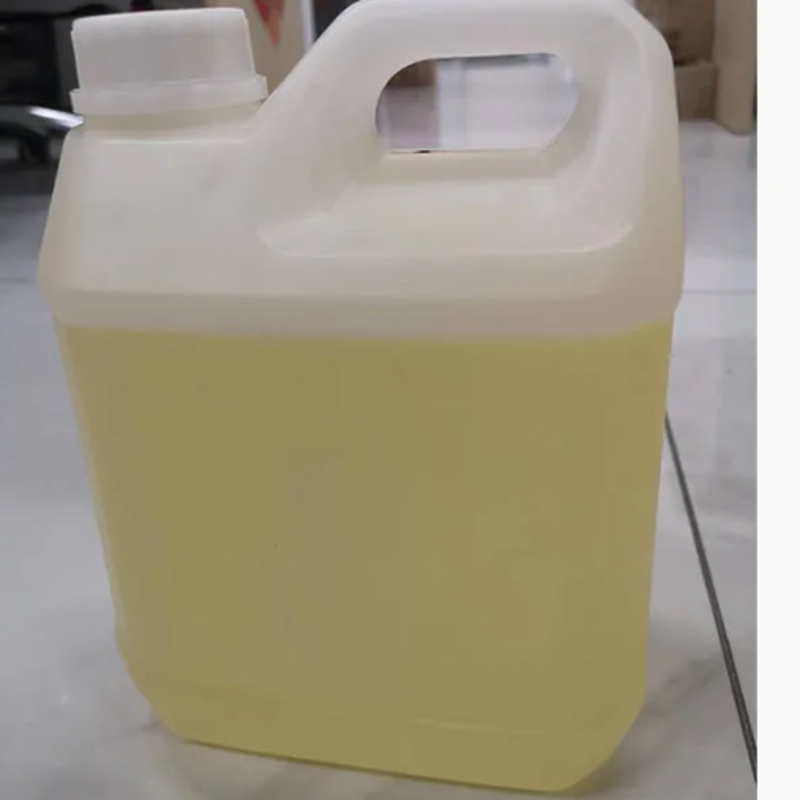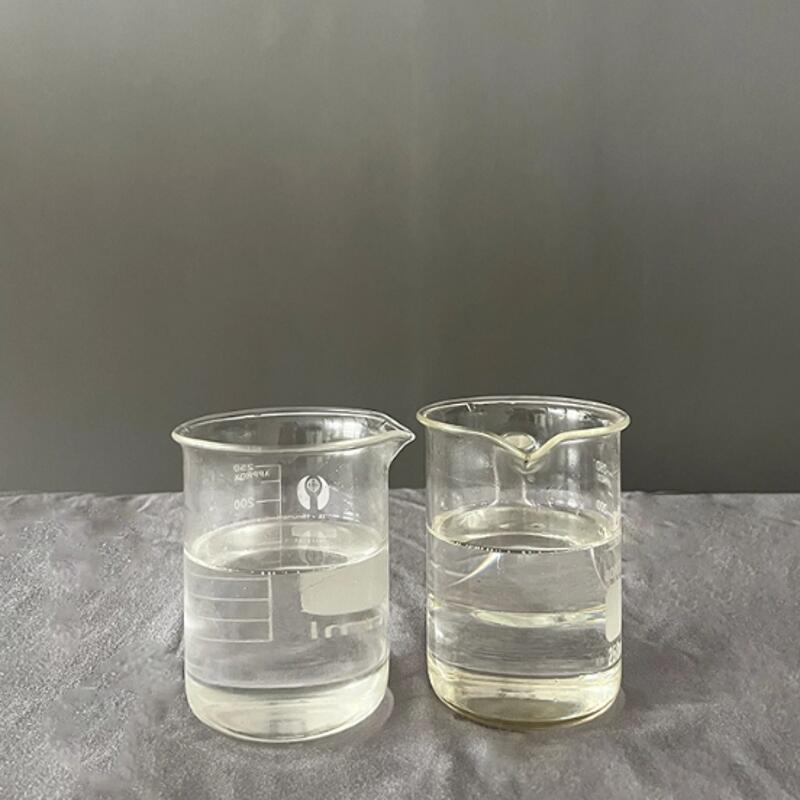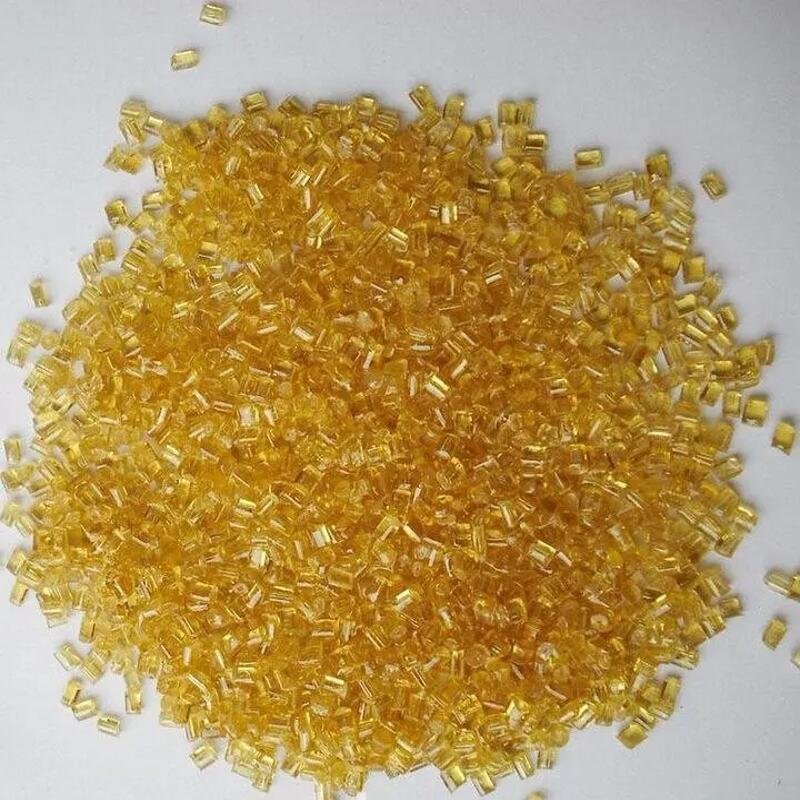-
Categories
-
Pharmaceutical Intermediates
-
Active Pharmaceutical Ingredients
-
Food Additives
- Industrial Coatings
- Agrochemicals
- Dyes and Pigments
- Surfactant
- Flavors and Fragrances
- Chemical Reagents
- Catalyst and Auxiliary
- Natural Products
- Inorganic Chemistry
-
Organic Chemistry
-
Biochemical Engineering
- Analytical Chemistry
-
Cosmetic Ingredient
- Water Treatment Chemical
-
Pharmaceutical Intermediates
Promotion
ECHEMI Mall
Wholesale
Weekly Price
Exhibition
News
-
Trade Service
Researchers at Rice University and Ford have teamed up to turn plastic parts in end-of-life vehicles into graphene using the school's flash Joule heating process,media reported
.
(Image credit: Rice University)
An average of 350Kg of plastic is contained in a sports utility vehicle (SUV)
.
If not recycled, these plastics could end up in landfills for years and years
.
The project, led by Rice chemist James Tour and graduate student and lead author Kevin Wyss, aims to reuse graphene to create reinforced polyurethane foam for new vehicles
.
Tests have shown that graphene-added foams (containing only 0.
1% or less of graphene) have a 34% increase in tensile strength and a 25% increase in low frequency noise absorption
.
When the new car is scrapped, these foams can be turned into graphene again
.
"Ford sent the lab 10 pounds of mixed plastic waste," Tour said
.
The material had been shredded through a car shredding facility and was mushy and damp
.
The lab flash-heated it and sent the resulting graphene back.
Ford
Inc.
The company added graphene to new foam composites and it worked as expected
.
Then Ford sent in the new composites and the lab flash-heated them back to graphene
.
It's a good example of recycling
.
”
According to previous studies, the use of plastics in cars has increased by 75% in the past six years alone, in order to reduce weight and improve fuel economy
.
Therefore, sorting and recycling mixed plastic waste is one of the long-term problems facing the automotive industry
.
At the same time, the issue has become even more critical as environmental regulations are gradually tightened
.
"In Europe, automakers have to recycle 95 percent of their end-of-life materials, which is very difficult to do,
" Tour said.
There are hundreds of different combinations of plastic resins, fillers and reinforcements on vehicles that are difficult to separate, and ultimately most of the mixed plastic is incinerated
.
"These are not recyclable materials like plastic bottles that cannot be melted and reshaped," Tour said.
"
So the Ford researchers turned to Rice's flash-joule heating process
.
"
In 2020, Tour's lab proposed using a "flash Joule heating" method to make graphene, encapsulating a mixture of ground plastic and coke additives (to conduct electricity) between electrodes in a tube, which is then detonated at high pressure
.
The sudden high temperature (up to nearly 5,000 degrees Fahrenheit) vaporized other elements and left behind easily soluble mixed-layer graphene
.
The process does not require solvents and can substantially reduce energy consumption, thereby significantly improving environmental benefits
.
To test whether it is possible to convert waste mixed plastics, the lab uses plastic bumpers, gaskets, floor mats, seats and door shells from end-of-life F-150 pickups without washing or pre-sorting components, which will be The pulverized substance from which the components are made is ground into a fine powder
.
During the experiment, the researchers flash heated the powder in two steps
.
In specially designed heaters, a small current is passed first, followed by a high current
.
Heating these powders for 10-16 seconds at a small current produces a highly carbonized plastic, about 30% of the original volume
.
The other 70% is vented as a gas, or recovered as hydrocarbon-rich waxes and oils (which the researchers believe could also be recovered)
.
Then, high-current flash heating of the carbonized plastic converts 85% of the plastic into graphene, while releasing hydrogen, oxygen, chlorine, silicon and trace metal impurities
.
Combined with life cycle analysis (LCA), the project compares graphene from automotive flash heating components with graphene produced by other methods and evaluates recycling efficiency
.
The results show that using flash Joule heating to make graphene can significantly reduce energy consumption, greenhouse gas emissions and water use compared to other methods
.
Since 2018, Ford has used up to 60 pounds of urethane foam in its vehicles, about 2 pounds of which are graphene-enhanced urethane foam, said Alper Kiziltas, a Ford Research Center technologist focused on sustainability and emerging materials.
.
"Once the graphene was taken from Rice, it was added to the foam in very small quantities and a significant improvement in material properties was seen
.
This provided superior mechanical and physical properties for Ford applications beyond expectations
.
"
Ford is clearly serious about using graphene
.
The company is introducing graphene into various other under-hood components for the first time, with a graphene-enhanced hood in 2020
.
The company is also said to want to use graphene to strengthen hard plastics
.
Mielewski said: "As Ford transitions to electric vehicles, the discovery of the partnership with Rice will play an important role
.
When the internal combustion engine is no longer noisy, the sound inside and outside the car can be heard more clearly
.
Noise reduction is very important, and BMW urgently needs to be able to Better sound-absorbing and vibration-damping foam
.
With only a small amount of graphene, you can have good noise mitigation, and that's what it's all about
.
"







